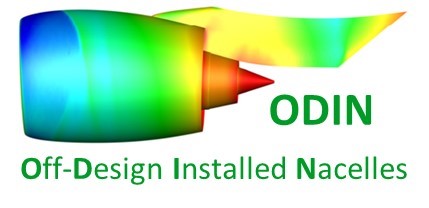
Loughborough University (LU) is a public research university in the market town of Loughborough, Leicestershire, in the East Midlands of England. With a rich history dating back to 1909, LU has been an Engineering- and Technology-based institute for more than a century. Among many subjects including Sports Sciences, Transport Technology has been the focus and strength of the university. LU has been consistently ranked in the top 10 UK universities in recent years. The university has 20 academic departments and over 100 research groups, institutes and
centres divided between ten schools. The university has won seven Queen’s Anniversary Prizes for Higher and Further Education, including the one for research work with the aeronautical and automotive industries in 1994. The annual income of the institution for 2017–18 was £300.8 million of which £41.9 million was from research grants and contracts, with an expenditure of £295.5 million. It currently has around 18,000 students; 13,500 of whom are undergraduates and 4,500 are pursuing postgraduate courses and research.
The Department of Aeronautical and Automotive Engineering is one of the very few which brings together the excitement and challenge of aeronautical and automotive engineering. Housed in purpose-built facilities that include laboratories, workshops, wind tunnels, a flight simulator and a technical display area where a BAE Systems Hawk jet plane takes pride of place, the department enjoys a close relationship with the Aeronautical and Automotive industries, with academic staff involved in active industrial research collaboration. This ensures that our tradition of high-quality teaching is underpinned by an in-depth knowledge and interest in the sector. The active research culture also ensures that teaching is informed by the latest thinking in the field and that project work is challenging and relevant to aircraft and automotive technologies. Applied Aerodynamics is one of the largest research groups within the department to carry out both experimental and computational research that leads to an enhanced understanding of industrially relevant aeronautical and automotive flow problems. In particular, the Rolls-Royce UTC was founded back in 1991, which has proudly served both the academia and the industry for nearly three decades.


